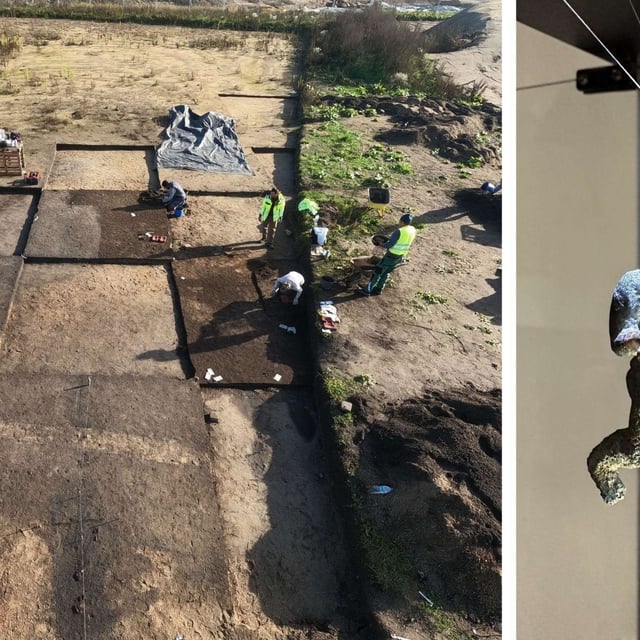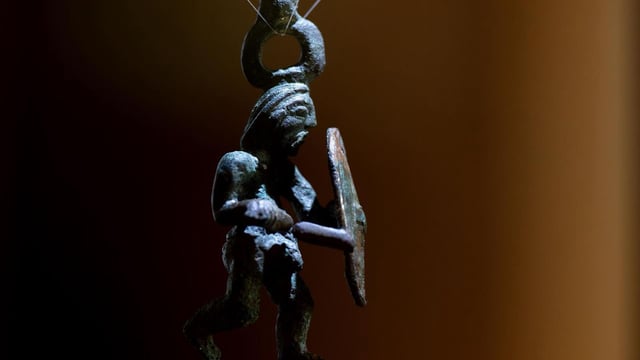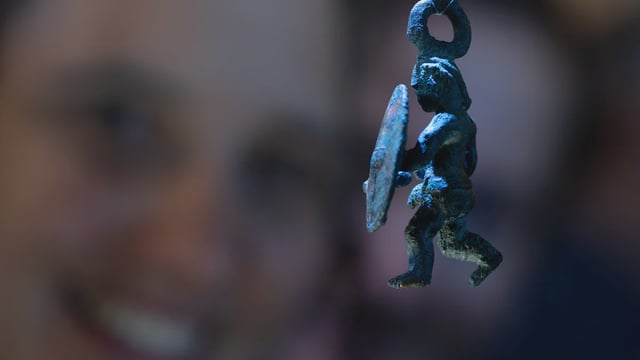Overview
- The rescue excavations over 6,800 m² recovered more than 40,000 artifacts and documented roughly 1,300 features in Bavaria’s largest Iron Age settlement.
- Interdisciplinary analyses identified first local evidence of fish consumption and definitive ironworking marks, revealing organized craft quarters and systematic recycling.
- Conservators have X-rayed over 15,000 metal fragments and restored a 75 mm bronze warrior statuette ahead of scientific study.
- A boxed well deposit yielded at least three human individuals, animal bones and over 50 ceramic vessels dated to 120–60 BC, with researchers still debating its ritual significance.
- All finds are now state property and will enter state collections for bioarchaeological, archaeobotanical, archaeozoological and metallurgical studies as 88 percent of the oppidum remains unexcavated.



